

Top Summer Safety Tips
With soaring heat, more water and other outdoor activities comes an increased risk for accidents. Following these basic summer safety tips will help to keep you and your family safe this summer.
Top summer safety tips
Always wear a helmet when doing active outdoor activities like skateboarding, biking, roller blading or using a scooter, hover board or rip stick. When a helmet is worn correctly – buckled and with the brim level to the ground – a helmet can reduce the risk of head injury by 80 percent.
Read More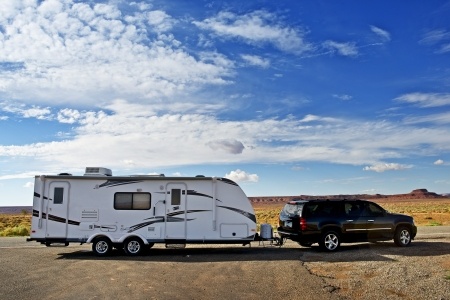

Prevent a Travel Trailer Accident with these Towing Tips
Summer time means a big increase in camping and road trips; many people choose a travel trailer as their mode of transportation and their home away from home. Towing mistakes can increase your risk of a travel trailer accident; follow the trailer towing tips below to help prevent an accident.
Use these trailer towing tips to prevent a travel trailer accident
Read More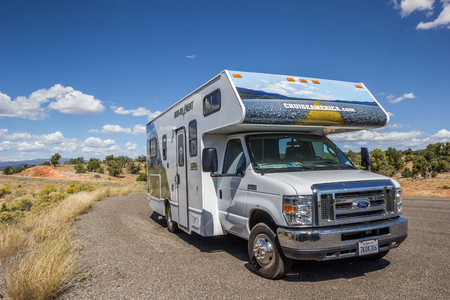

What are the Most Common Causes of RV accidents?
Recreational vehicles (RV) of all kinds including camper vans, fifth wheels, motor homes and toy haulers are a very popular way to travel and vacation all across North America. RV accidents are a real risk, however, as they are prone to problems such as blind spots, extended braking distance and lack of maneuverability. Federal law requires that all SUVs, charter buses and semi-trucks go through crash and rollover tests but obviously accidents can happen anyway.
Read More

Top Barbecue Food Safety Tips
Cooking on the barbeque has always been popular in the summer but in recent years more than half of Americans say they are cooking outdoors year round. It is just as important to follow food safety guidelines to prevent foodborne illness while using the barbeque as using other cooking methods.
Top Barbecue Food Safety Tips
Read More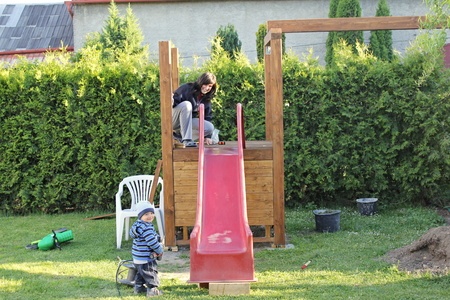

Home Playground Safety Checklist
There is little that children enjoy more than a home playground. Sadly though, in the time that it takes you to read this blog post, a child will be severely injured and admitted to an emergency room as a result of a playground-related accident. Every year there are over 200,000 injuries and approximately 15 child deaths due to accidents on play equipment.
An interview with Phi Viet Le, a Certified Playground Safety Inspector (CPSI), produces a worthwhile discussion about his safety concerns for home playgrounds:
Read More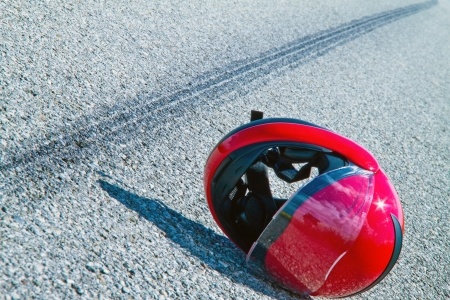

May is Motorcycle Safety Awareness Month
In theory – and by law – motorcyclists have all the same rights and privileges as any motor vehicle driver on the roadway but the reality is that motorcyclists bear more accidents and injuries than other motor vehicle drivers. May is Motorcycle Safety Awareness Month; drivers of all other vehicles and all road users are reminded to safely “share the road” with motorcyclists and to be extra alert to help keep motorcyclists safe.
Motorcycle Accident Statistics
Read More

What Parents Need to Know about Electric Shock Drowning
Kids, teens and adults love to jump off docks into lakes but hardly anybody knows that if the dock has 120-volt AC power, lethal amounts of electricity could be lurking in the water from faulty wiring on the dock or a nearby boat. In a one-week period in July, 2012, four children and one young adult were killed in separate electric shock drowning (ESD) accidents at docks on freshwater lakes.
Read More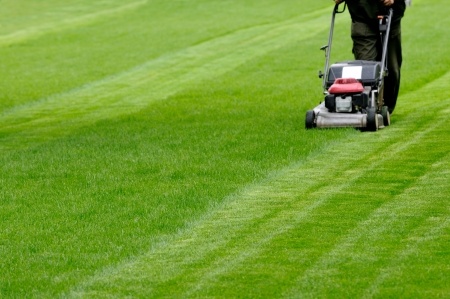

Lawn Mower Safety
With spring in full swing, lawn mowing season is here. Teenagers are often tasked with mowing the lawn; some mow lawns for a summer job. The reality is, however, that mowing the lawn can be extremely dangerous to children, the operator and those nearby if proper safety precautions aren’t taken. The American Academy of Orthopaedic Surgeons (AAOS) and the American Academy of Pediatrics (AAP) announced that they are joining ASRM in educating adults and children about the importance of lawn mower safety in 2012. “We want parents and kids to be more aware of precautions to take so that injuries can be prevented”, said AAP President Robert W. Block, MD, FAAP.
Read More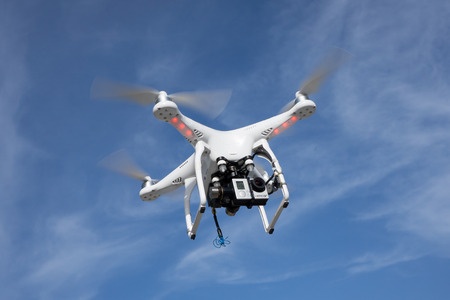

Recreational Drone Laws Created After Slew of Drone Accidents
A slew of drone accidents increased pressure on regulators to implement laws for unmanned aircraft. The use of recreational drones or sUAS is the operation of an unmanned aircraft for personal interests and enjoyment. For example, flying a drone to take pictures for your own personal use is classified as recreational; using the same device to take photographs or videos for compensation or sale to another individual is classified as a commercial operation.
If you or a loved one was injured as a result of another’s drone, contact a personal injury lawyer as soon as you are able. He or she can assess your accident and injuries and discuss your legal rights.
(more…)
Read More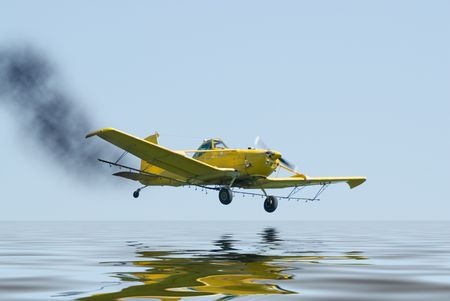

Distracted Flying
Pilots and air traffic controllers are just as susceptible to distractions while flying or directing flight traffic as people are when driving vehicles. But distractions on a plane or the control tower can create consequences even more dramatic than those on the road. The National Transportation Safety Board (NTSB) has reported many instances of cell phone usage causing distracted flying accidents including a “… bantering personal phone call about a dead cat while directing traffic.” The NTSB report noted that during the time the controller was on the phone, he made several errors. For example, after he made the handoff of the Piper to Newark tower for flight following, he failed to provide the pilot the new frequency for two minutes. When he finally did call with the new frequency, he spoke very quickly; the pilot then read back an incorrect frequency to the controller, but the controller did not notice the error. Because the pilot was on the wrong frequency, no one could warn him about the approaching collision.
Read More